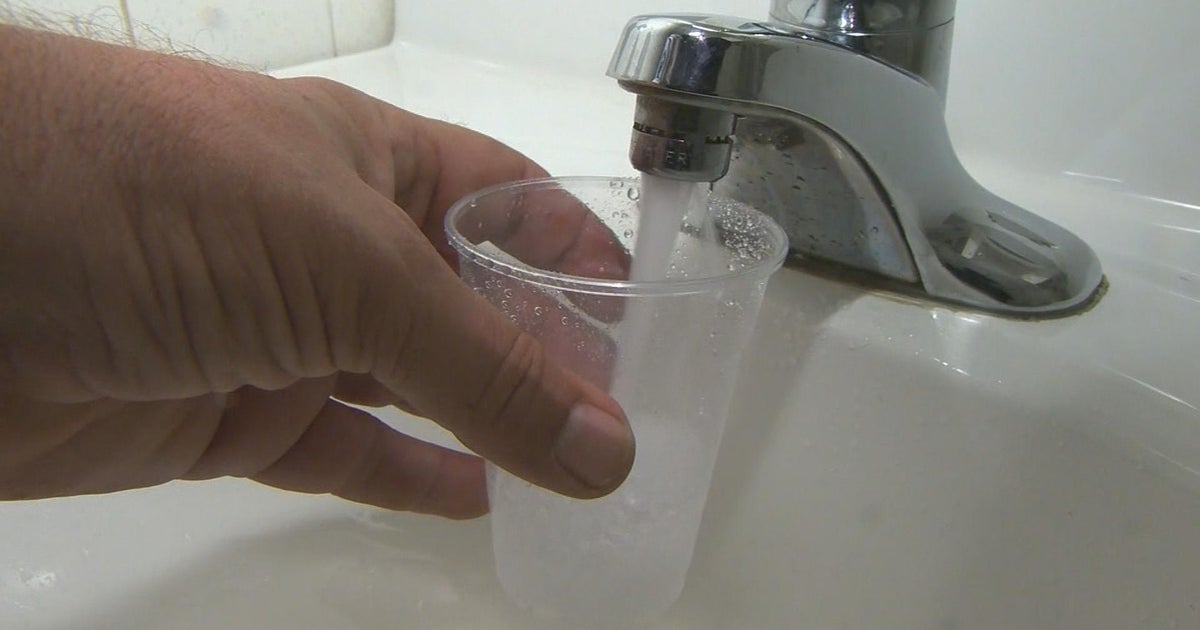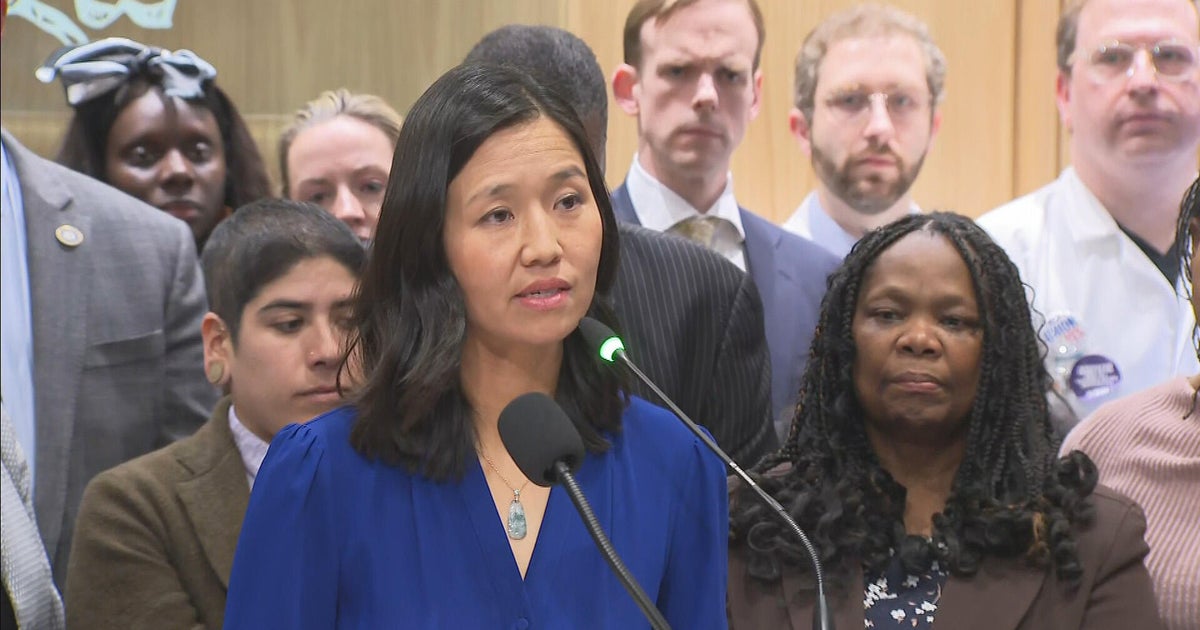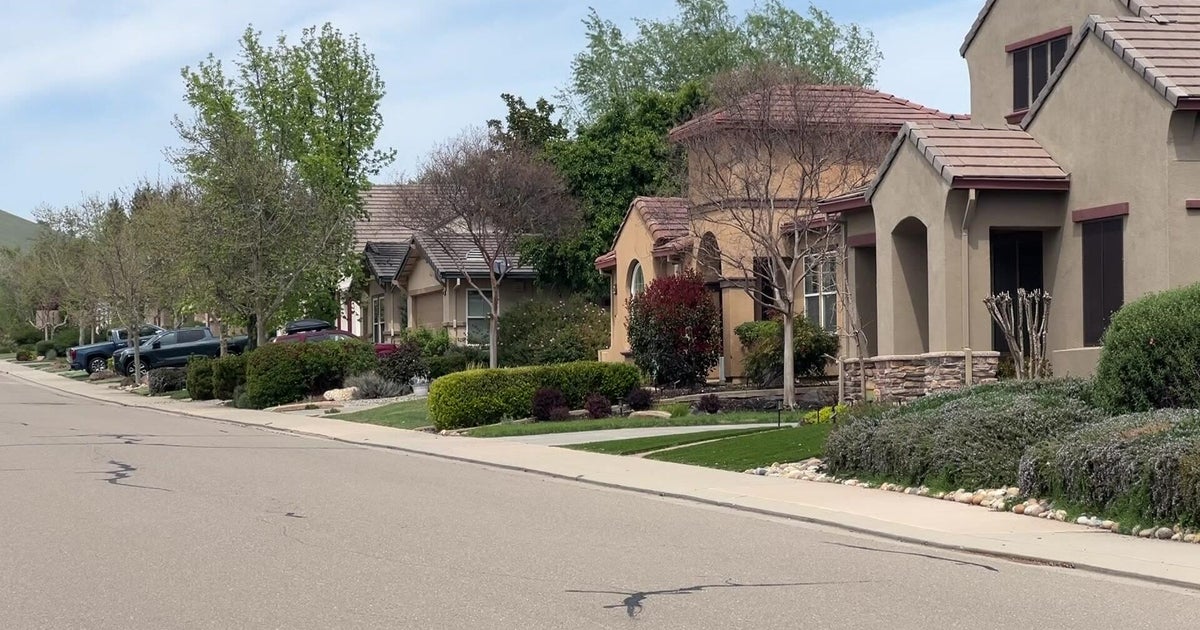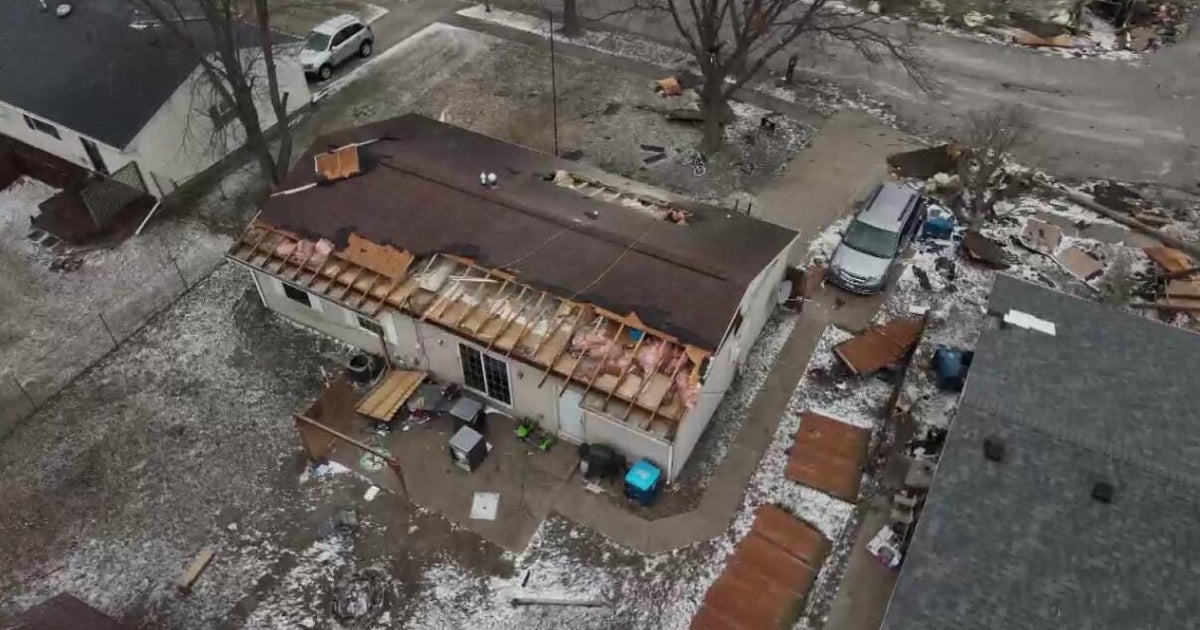Program to replace lead pipes in Boston off to slow start
BOSTON - At the start of 2023, the Boston Sewer and Water Commission (BSWC) launched a free program to replace lead service lines that carry water from the public supply to homes. So far, 410 homeowners have taken them up on it, but there are still more than 3,047 pipes to investigate for lead. A new proposal from the Environmental Protection Agency says all lead pipes need to be replaced over the next decade.
"Lead pipes, where they are present, are the single biggest contributor to lead contamination," said Ronnie Levin, a Harvard professor and researcher who spent decades working for the EPA. "Lead comes from the materials of the plumbing systems both the public and the private."
Levin spent years trying to convince the EPA to change their testing policies on lead, and eventually found success. Rules and regulations began to change in the early 1990s.
"That was a huge battle, and it took me several years to do that," said Levin.
Her team's work became vital in convincing the EPA to issue that proposal to require all lead pipes be changed in the next 10 years.
"A lot of what I have done is this cost benefit thing," says Levin, beginning to explain her work.
She says the EPA looks at new requirements on a financial level. If it costs millions of dollars to replace thousands of lead pipes, then what is the payoff?
"How do you compare that? That's a lot of what I do. How do you estimate, looking at human health medical damages, how to calculate that?" continues Levin.
Back in the 80s, Levin's team determined the dollar impact lead contamination had on the health of children.
"We tried to calculate what one marginalized IQ point less would cost you in terms of long, lifetime earnings," said Levin.
In 2020, the EPA came out with new rules on lead, but Levin believed they were too weak. She says they only took into account the long-term effect on children that she calculated nearly 40 years prior.
"I knew EPA had a long list of health effects that the agency has determined to be related to lead exposure," said Levin.
She did a cost analysis based on those additional effects then brought the results to the EPA.
"That number was 50 times greater than what EPA was saying," said Levin. "They conceded. They faulted, and said yeah, yeah this is right."
Now BSWC is trying to keep up with these new proposed regulations. Of the 1046 pipes they have checked since 2023, only 21% were actually found to contain lead. The rest were copper or something else. They don't have a timetable on when the remaining 3,046 pipes will be checked.









